
10 to 25: The Science of Motivating Young People
David Yeager, PhD
Read or listen offline
Amazon KindleRecommendation
Curious how to connect with the next generation? In this insightful lecture, psychologist David Yeager reveals groundbreaking research on how to engage and motivate the younger members of gen Z by understanding their unique developmental needs. Young people’s sensitivity to respect and autonomy shapes how they interpret feedback from authority figures. Thus, seemingly minor adjustments in language and approach can have profound effects on their response to guidance. By aligning feedback with clear standards and genuine support, mentors can encourage gen Z to embrace challenges — rather than disengage.
Summary
About the Speaker
David Yeager is a professor of psychology at the University of Texas at Austin whose research focuses on youth and equality of opportunity. He’s co-founder of the Texas Behavioral Science and Policy Institute and author of the best-selling 10 to 25: The Science of Motivating Young People.


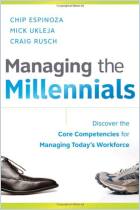
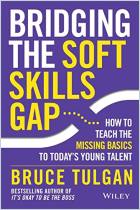

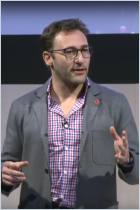
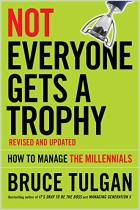
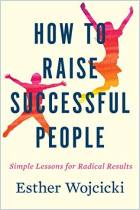






Comment on this summary